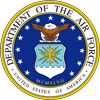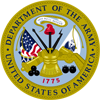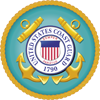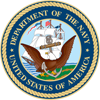 Prev - 73B Prev - 73B | Medical Service Corps Jobs | Next - 72D |
Entomologist - 72B
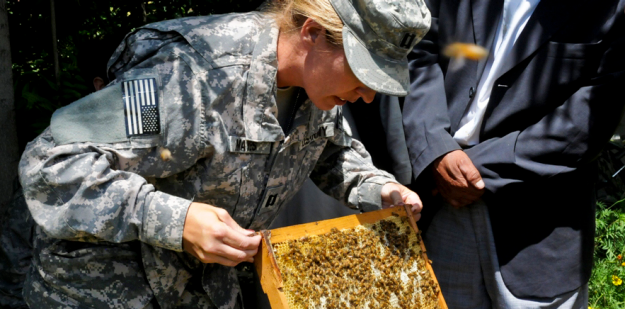
- Active/Reserve:Both
- Officer/Enlisted:Officer
- Restrictions:None
Your knowledge of insects and their behavior can impact the health, morale and overall environment of our Soldiers. When you serve your country as an entomologist and officer on the U.S. Army health care team, you'll conduct research, perform pest management and provide important information to our leaders regarding biological hazards around the globe.
Plan, lead, manage, advise, direct and participate in operational, consultative, training, product development and research in medical entomology to ensure effective control of pests and vectors of disease affecting the health, morale and environment of all U.S. Army personnelServe in command and staff assignments throughout the Department of Defense and U.S. Army to ensure property and material are not damaged by invertebrate and vertebrate pestsConduct medical research on diseases of military importance, and conduct, supervise and participate in graduate medical education and training of other medical personnel needed to sustain a robust and readily available medical systemUnique duty positions include: director, deputy director, contingency liaison officer or research liaison officer on the Armed Forces Pest Management Board; chief, Defense Pest Management Information Analysis Center; entomology division chief; Eentomology branch chief or instructor at the U.S. Army Medical Department Center and School; chief, Department of Entomology or research investigator at either the Walter Reed Army Institute of Research, one of its subordinate commands or the U.S. Army Medical Research Institute of Infectious Disease.
Active Duty
Master's degree in entomology or biological science with a major in entomology from an accredited program acceptable to the Surgeon GeneralMust be between 21 and 42 years of age U.S. citizenshipArmy ReserveIn addition to the above qualifications, permanent U.S. residency is required for Reserve duty officers.Must be between 21 to 42 years of age (may request a waiver, Locate A Recruiter for more information)
As a member of the Army Medical Service Corps, you'll have access to the most sophisticated technology, the opportunity to consult with experts in both the military and private sector, plus exceptional professional growth opportunities, including continuing education courses, seminars and conferences. Entomologists may even serve as faculty at one of our prestigious graduate medical education programs or research institutions, such as Walter Reed Army Institute of Research or the U.S. Army Medical Research Institute of Infectious Disease.
Army Medical Service Corps officers must be leaders skilled in tactics, techniques and procedures in order to understand and support the Soldier; possess strong Army values, leader attributes and skills; and fully understand the key leadership actions that must be taken to ensure success.Army Medical Service Corps officers possess expert knowledge in their area of concentration, patient management, and general support and coordination principles. Entomologists gain this knowledge through continuing medical education and experience sustained by mentoring, additional institutional training, continuous selfdevelopment and progressive levels of assignments within their specialty.
The Armed Services Vocational Aptitude Battery (ASVAB) is an examination that is administered by the United States Military Entrance Processing Command. It is used to determine qualification and helps predict future academic and occupational success in the military.
No ASVAB
ACTIVE BENEFITS:In addition to the many privileges that come with being an officer on the U.S. Army health care team, you'll be rewarded with:
30 days of paid vacation earned annuallyNoncontributory retirement benefits with 20 years of qualifying serviceNocost or lowcost medical and dental care for you and your familyRESERVE BENEFITS:
Health Professionals Special PayHealth Professionals Loan Repayment ProgramNoncontributory retirement benefits at age 60 with 20 years of qualifying serviceLowcost life and dental insuranceTravel opportunities, including humanitarian missionsBoth active and Reserve duty officers enjoy commissary and post exchange shopping privileges; a flexible, portable retirement savings and investment plan similar to a 401(k); may receive pay for continuing education; and specialized training to become a leader in their field.
See the whole list of Army Occupational Specialties here
To learn more about the Army's rank structure, see our complete list of Army ranks.
To see a list of military medals and decorations that can be earned by servicemembers in the Army and other branches of the military, see our list of military decorations and medals.


